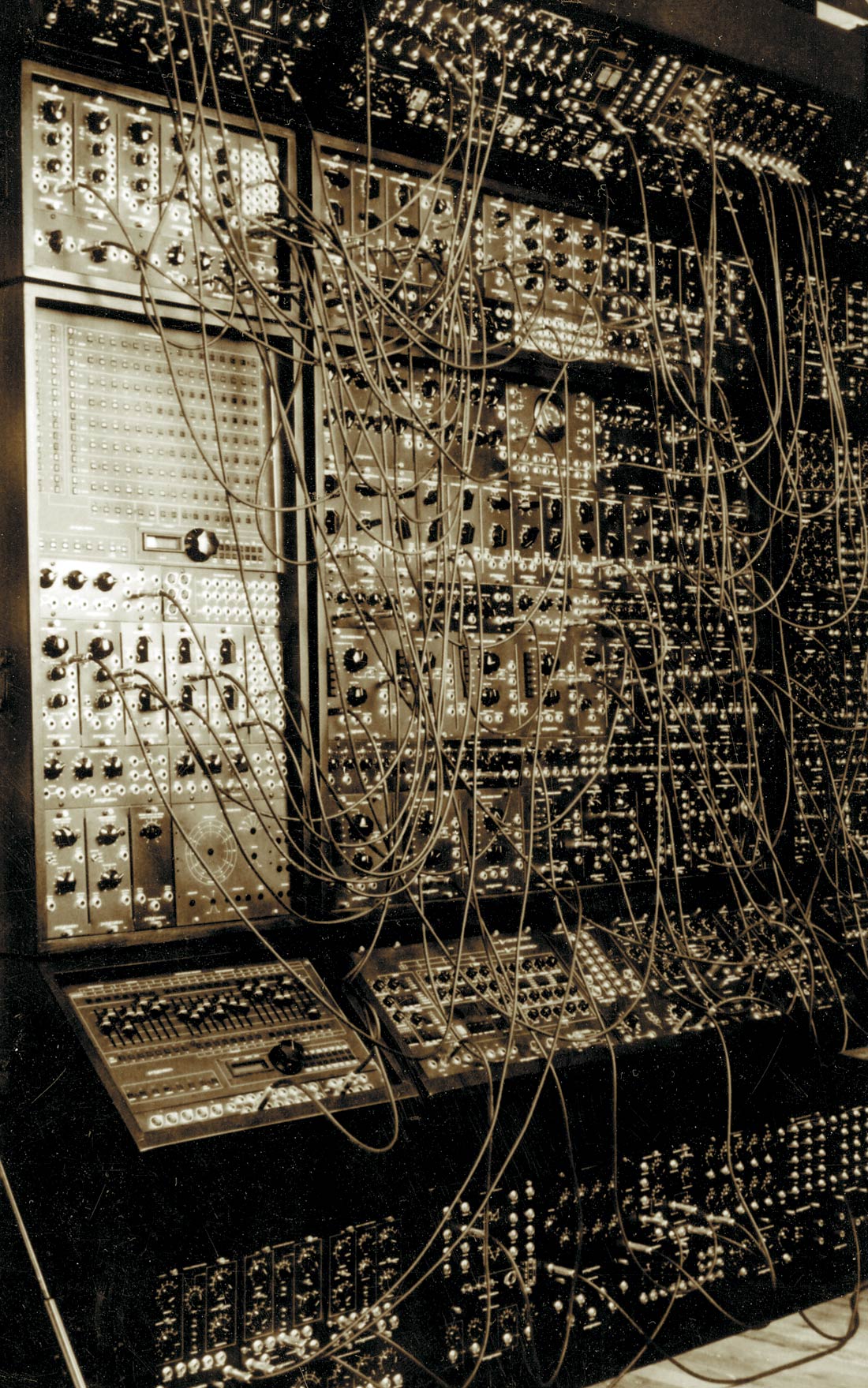Studio furniture for home and project studios needs to meet different criteria than furniture for large commercial facilities. For starters, smaller studios tend to be in basements or rooms with "normal" doors and hallways. Larger studios are usually housed in buildings with loading docks, freight elevators, and wide passageways. Smaller studios tend to have less permanence, so portability is important as is affordable, "off the shelf" componentry. Commercial facilities have custom- designed, purpose-built rooms with furniture to match. What's a smaller studio owner to do if he or she wants furniture with a professional look and feel that still meets the aforementioned criteria? Thankfully, Argosy manufactures studio furniture that meets the unique needs of the project studio. Argosy's products are UPS shippable, easy to assemble/disassemble, and look great. I ordered a 90-series desk that houses my Sony DMX-R100 console, outboard mic preamps, effects units, and patchbays. Although the finished desk is 7 1/2 ft wide, 3 1/2 ft deep, and over 3 ft tall, it came flat-packed in eleven cardboard boxes that were easily carried into the control room. Working by myself, I assembled the desk in five hours using a screwdriver, a hammer, and an allen wrench. The major desk components are made of MDF. The armrest is vinyl-covered foam padding. The legs are welded steel (with optional castors). And the hardware is similar to what comes with IKEA-style DIY furniture. Dropping the 125 lb console into the desk was a breeze. An ingenious sliding side-rack system makes it possible to install the DMX-R100 console without removing the handles on the side of the console; other desks I've seen for the DMX-R100 require removal of the handles. An open slot underneath the armrest hides the front- mounted floppy drive and headphone jack from view, but you can still get to them without removing any armrest segments. A pull-off panel on the rear and hinged doors on the top (meter bridge) hide all cabling, allowing easy access when needed. I wish the top doors were hinged at the front instead of at the rear, because installation and adjustment of the wiring is usually done from the rear of the console. It's cumbersome to reach over the doors while standing at the rear. But there's enough room in the enclosed back and enough exit ports so wiring is easy. Even the I/O boards on the back of the DMX-R100 can be installed or removed without taking the console out of the desk. Cons? Some of the side-rack spaces aren't deep enough to hold most outboard boxes. Therefore, you need to be careful when spec'ing out patchbays and positioning your gear. (I still managed to fit in 7U worth of patchbays, 6U worth of mic preamps, 4U worth of outboard processors, and a couple rack spacer faceplates.) Also, the armrest isn't as strong as it looks. You can't lean your rear end on it like you can on an SSL's armrest. But then again, that's more a testament to how professional the desk looks than it is a complaint! My control room looks great with the Argosy desk as its centerpiece. Argosy makes desks made to fit a number of popular small and medium format consoles, as well as outboard racks and producer desks. The products are sold direct.
Accessories, Computers | No. 104
Thunderbolt Station, 10946 MP Thunder Dock
by John Baccigaluppi
If you, like me, have recently moved to the Thunderbolt computer interface platform, these two products may be of interest to you. I recently sold my Avid TDM hardware in favor of a Universal Audio...




_disp_horizontal_bw.jpg)